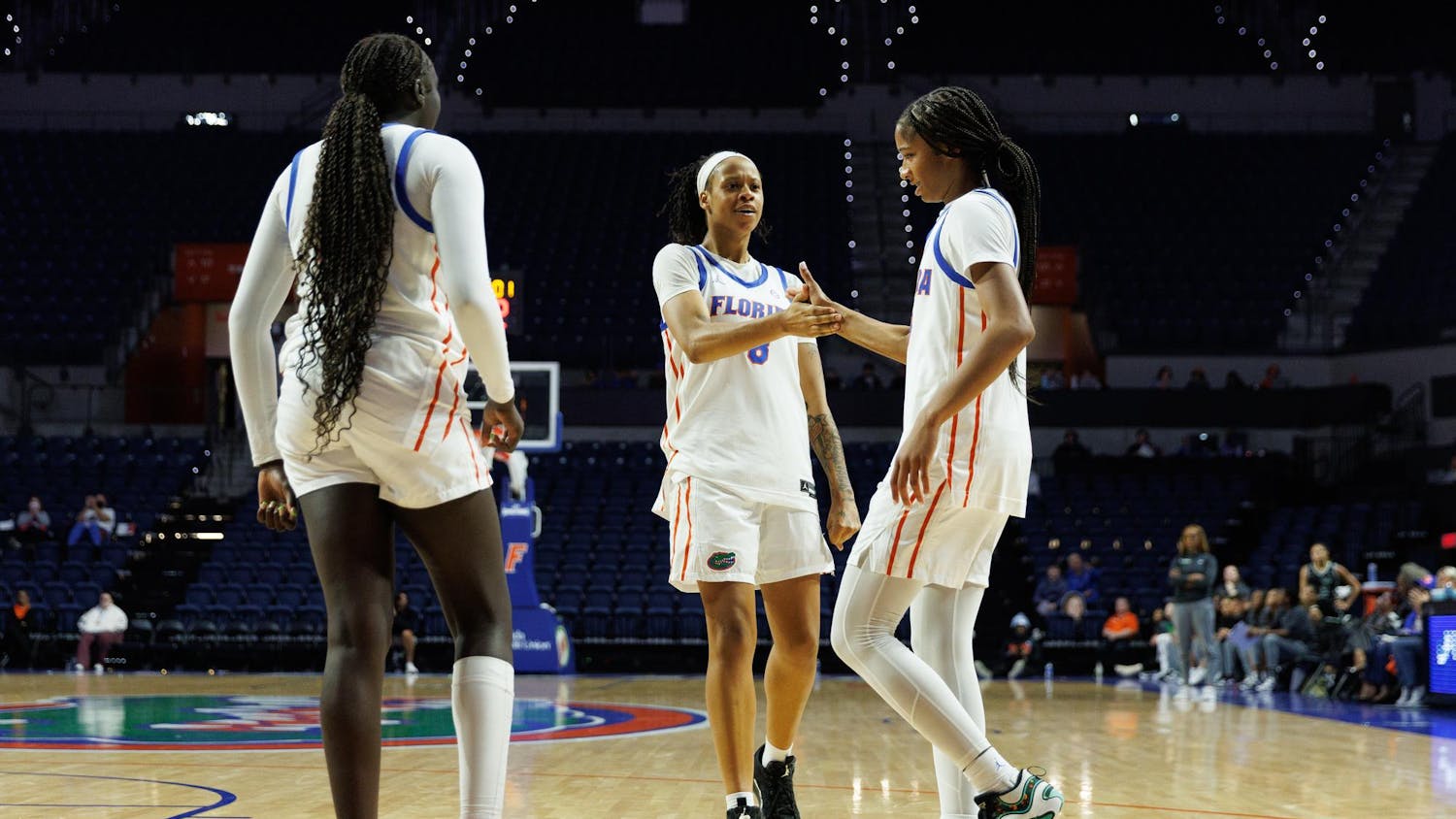We’re lonelier than ever. Locked behind screens, buried in work and scrolling endlessly on social media, it feels like we’ve lost something completely vital: the places where we truly connect.
These spaces, otherwise known as third spaces, are areas where we build community outside of workspaces. Whether it be your neighbor’s house or your local coffee shop, they fulfill the human biological need for genuine connections. But they are becoming obsolete, and it’s left many of us feeling disconnected.
Since the 2020 pandemic, which was characterized by TikTok trends and finding ways to cheat on our online Zoom classes, a study launched by the World Health Organization highlights a major loneliness epidemic that is coincidentally occurring alongside the death of third spaces. These issues are fueled by the pervasive forces of technology, capitalism and toxic work culture that are gradually paving the way for an increasingly divisive society.
Third spaces are places that offer opportunities to meet potential new friends or partners, making them extremely important to our well-being by fostering belonging and connection. For many of us, these moments are slowly fading, replaced by isolated evenings glued to our phones.
The arts, entertainment and recreation have seen an 18.37% decrease in the number of establishments. Similarly, barbershops, beauty salons and laundromats have also suffered a 22.94% decrease, according to a National Library of Medicine study.
While these third spaces are in a steady decline, 30% of adults and 30% of people between the ages 18 and 34 are reported to experience feelings of loneliness at least once a week, according to the American Psychiatric Association.
Another study found half of American millennials are engaging in polyworking, or holding multiple jobs to keep up with financial pressures. It’s plausible that Americans are unable to find the time to interact within these third spaces, as 70% of Americans remain financially unhealthy.
Third spaces are being replaced by the internet, with people having unfulfilling interactions that lack depth. While this can have its benefits by temporarily building a sense of community, we are seeing a major impact in the ever-increasing polarizing climate in the U.S.
Social media algorithms push content similar to what you typically interact with. As more people experiencing loneliness turn to the internet, it can become a slippery slope into darker, more radical parts of the algorithm.
Loneliness leaves you vulnerable to the seductive red pill content that attempts to open your eyes to the way the system has failed you. It offers you a seat at the table, playing into your anxiety and insecurities while indoctrinating you into its divisive ideologies. It’s how neo-nazi, pro-anorexia or similar communities slowly shift a vulnerable individual's psychological and cognitive sphere. They prey on isolation by offering a sense of belonging many people crave.
While these online groups vary in severity, they ultimately highlight a dangerous phenomenon. Without interacting with different people of different backgrounds and perspectives, we isolate ourselves from one another. We begin to lose the empathetic lens that allows us to build a genuine sense of community and belonging. But we are falling into a more individualistic society.
Third spaces have become a major issue within Western cultures. Some people argue everything is too expensive, while some people are just homebodies. Technology makes us believe that we don’t need face-to-face interactions to form connections because we have access to everyone and everything, but it’s unfulfilling. People are no longer interacting the way they used to and are relishing in their neurosis.
We need each other to fulfill the innate biological desire pulling us to support each other. There are major social and economic factors that make it seem impossible, but it’s time we took back our spaces where real conversations and connections happen. Join that yoga class, strike up a conversation at a coffee shop or dust off your dancing shoes. Let’s face it — life’s too short to spend it scrolling alone, stuck in a vicious cycle of loneliness and anxiety.
Eriel Pichardo is a UF English senior.






